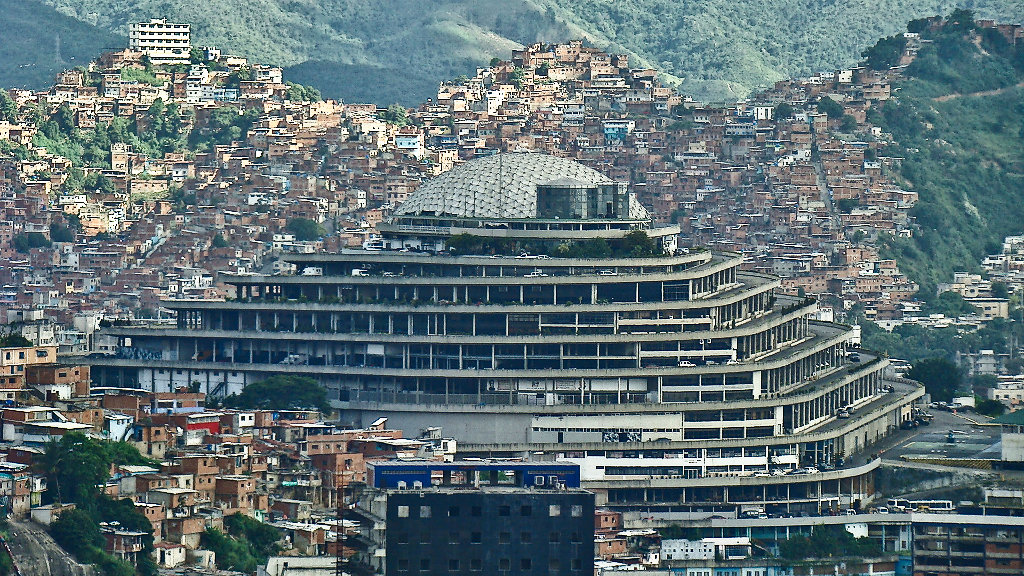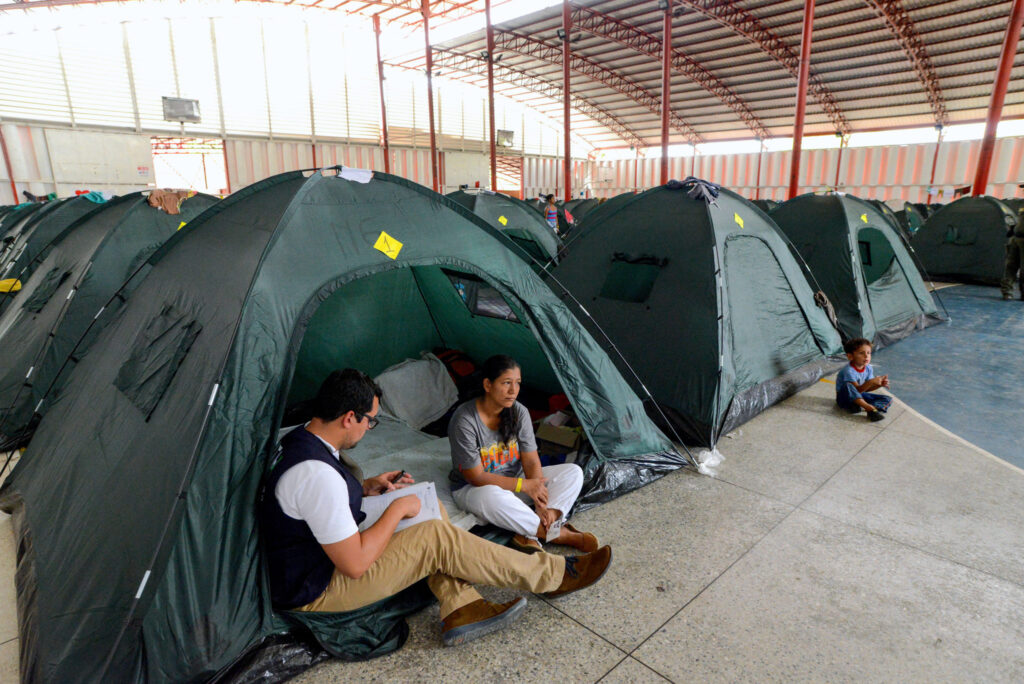Uruguay’s government has launched a program called Uruguay Innovates (U+I), which it says will boost investment and improve development in the country.
On May 21, president Yamandú Orsi revealed that the project will seek to “streamline efforts and organize the existing ecosystem,” in the fields of science, technology, and innovation.
The program seeks to improve research, attract investment, and promote entrepreneurship in the country.
Orsi emphasized the importance of creating a Uruguay “that looks at development with more optimism,” saying that it is necessary to “simplify” the country’s ecosystem and “organize it differently,” in order to “give it more strength, more impact, and make better use of it.”
The president added, “Of course, the connection with academia, the connection with the private sector, the connection with knowledge, the connection with innovation, the connection with investment, the connection with international relations, and the diplomacy of knowledge have to be there.” He said that ensuring these links “could be very powerful.”
U+I will be led by Bruno Gili, an angel investor and founder of the think-tank Ágora.
Gili says the program will seek to achieve sustainable development, placing particular emphasis on the need for high-quality employment opportunities, inclusion, and well-being. He added that the program will be founded on four pillars: knowledge, innovation, internationalization, and strong regulatory frameworks.
Earlier this week, Gili told radio show En Perspectiva that, despite the fact Uruguay has been in a “stable situation” during recent years, the country is “not taking off.”
Gili added, “Something isn’t working right, and we need to fix it.”
One of the industries Gili suggested could benefit from greater innovation is life sciences, where Uruguay has “enormous potential.”
He explained, “We can’t afford to have such strong institutions conducting research in the agricultural sector—the INIA (National Institute of Statistics and Census), the Pasteur Institute, the Clemente Estable Institute, the Faculty of Agronomy—and yet not see a clear improvement in productivity or yet have not managed to export technologies en masse.”
Discussing the possible role of AI in Uruguay’s future, he said, “There is potential, but we need to put a lot of effort and resources into it.” He continued, “Science, technology, and innovation are a path of trial and error. Taking that risk on our political system is complicated.”
José Carlos Mahía, Uruguay’s minister for education and culture, has said that U+I will “connect the state, academia, and the private sector to promote science, technology, and innovation.” He described the project as “a national commitment to building more knowledge, more opportunities, and a better future.”
Alejandro Sánchez, Senator of the Republic, told reporters that the current government is “convinced that innovation is the way forward,” describing U+I “as the path for our country to achieve balanced and equitable development.”
U+I has also received the support of the Ibo-American General Secretariat (SEGIB). Director Esteben Campero said that SEGIB is “committed to supporting this dedication to knowledge.” He added, “Uruguayan talent is a strategic pillar for driving innovation that fosters prosperity and productive development throughout Ibero-America.”
In 2024, Uruguay ranked 62nd out of 133 in the Global Innovation Index (GII). It ranked 56th for innovation inputs, and 75th for innovation outputs. Ranked 44th among the 51 high-income group economies included in the GII, its performance was found to be “below expectations for its level of development.”
While Uruguay’s overall GII position and innovations input rank have improved since 2020, it has dropped 10 places in innovation outputs since 2020.
The country’s National Agency for Research and Innovation (ANII) had earlier launched Uruguay Innovation Hub, meant to boost the country’s startup ecosystem. University-linked accelerator programs also exist in the country, such as Ingenio from the Laboratorio Tecnológico del Uruguay (LATU) and Emprendedores from the Universidad Católica de Uruguay.











